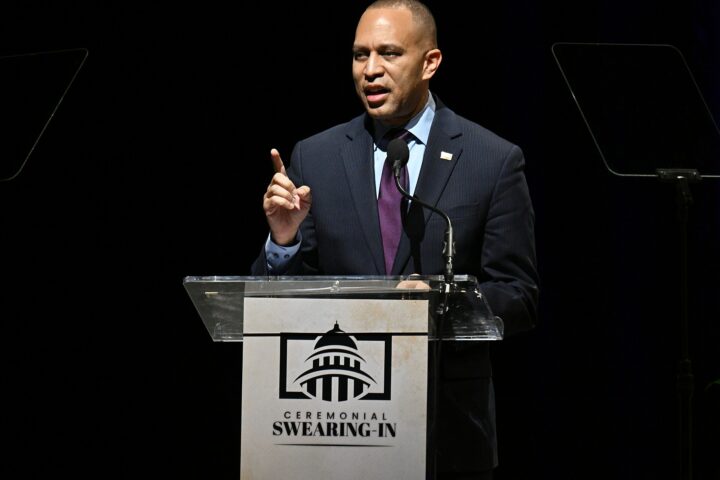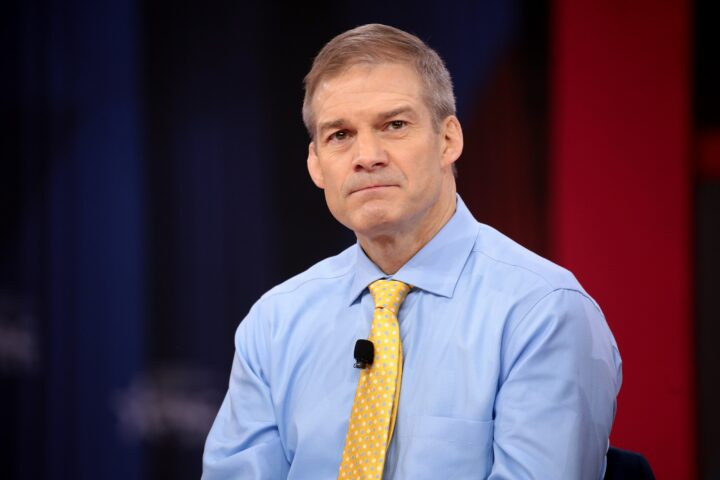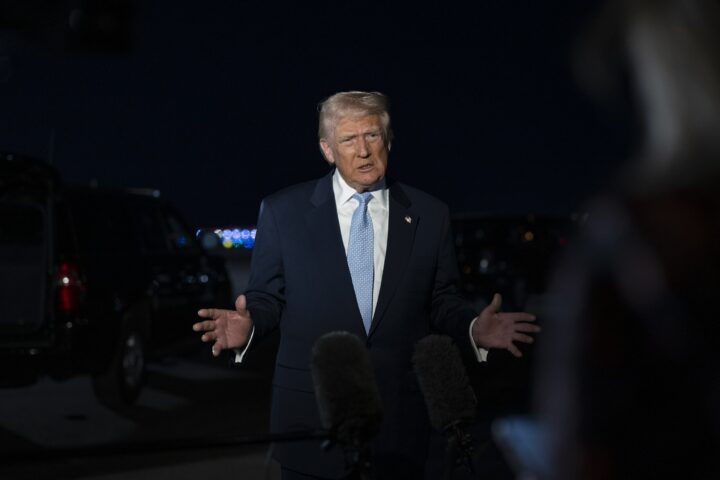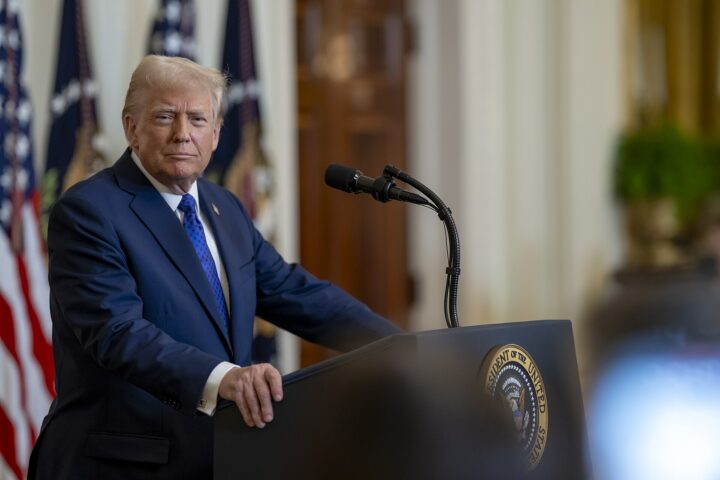The Pentagon has issued official press credentials to right-wing activist and media personality Laura Loomer, reportedly granting her access to cover President Donald Trump’s Department of Defense. The move marks a significant shift in the administration’s ongoing effort to expand media access to nontraditional and conservative outlets that have often accused Washington institutions of bias and exclusion.
Loomer announced the news Monday in a celebratory post on social media, saying her work has “had a massive impact on the landscape of personnel decisions within the Executive Branch, our intelligence agencies and the Pentagon.” The credentialing was first reported by The Washington Post.
Her inclusion among accredited defense correspondents comes as the Pentagon has introduced sweeping reforms to its press operations under Trump’s leadership, aiming to open coverage beyond the traditional Washington press corps. The Department of Defense has defended the new policy as an effort to “reflect the diversity of voices in American media,” though it has drawn sharp resistance from legacy outlets that have long dominated the Pentagon briefing room.
Earlier this fall, The New York Times, and all major broadcast networks declined to sign onto the Pentagon’s updated media policy, which they said imposed “severe restrictions” on access and appeared designed to centralize control over information leaving the building. Pentagon officials, however, countered that the old system unfairly favored a handful of corporate outlets while excluding smaller or ideologically diverse journalists from meaningful access.
Loomer, a former investigative reporter and conservative activist known for her aggressive online presence, has built a following by targeting perceived corruption and double standards within the federal government and media establishment. Her newfound credentialing at the Pentagon positions her among the first wave of right-leaning independent reporters formally recognized by the Defense Department since Trump’s return to office.
The decision has not come without controversy. Critics—including some within the Republican Party—have pointed to Loomer’s history of incendiary remarks and public clashes with officials close to Trump. Her supporters, however, argue that her inclusion reflects a long-overdue correction to the ideological imbalance of Washington’s media landscape.
Loomer herself has shown little hesitation in challenging senior administration officials. Just last month, she sharply criticized Secretary of Defense Pete Hegseth following the Pentagon’s announcement that the United States would host a Qatari Air Force facility in Idaho. “There isn’t a single Trump supporter who supports allowing Qatar to have a military base on U.S. soil,” she wrote at the time, calling the decision a “betrayal” of America First principles.
While mainstream commentators have portrayed Loomer’s credentialing as evidence of chaos within the Trump administration’s communications strategy, her presence at the Pentagon underscores a deliberate shift in priorities. For Trump’s team, opening the door to alternative and populist media figures represents not just a challenge to traditional press power, but a reassertion of their belief that government institutions should be accountable to a broader, less filtered spectrum of voices.
For Loomer, who has long campaigned against what she calls “the censorship cartel,” the Pentagon pass marks both a symbolic and practical victory—one that solidifies her place inside the halls of power she has spent years trying to penetrate.
[READ MORE: Trump Administration Moves to Provide Partial Food Aid as Shutdown Drags Into 34th Day]








